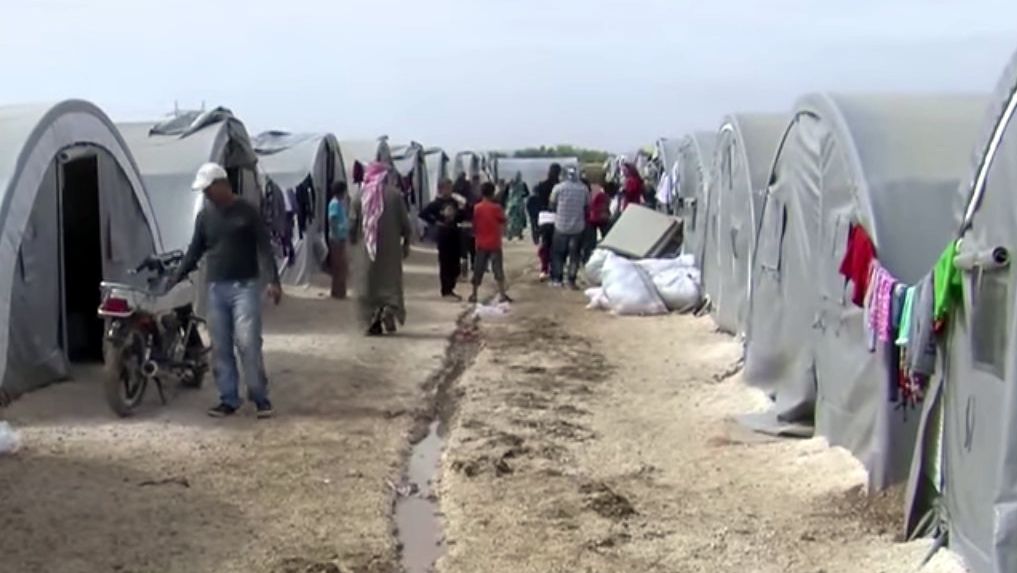The Impact of New US Sanctions Against Iran on the Middle East
 Due to new US sanctions, Iran is under economic pressure, but it could have political consequences too because the sanctions are not only affecting Iran but the entire Middle East region.
Due to new US sanctions, Iran is under economic pressure, but it could have political consequences too because the sanctions are not only affecting Iran but the entire Middle East region.
New US sanctions have affected Iran economy, especially the civilian population. Basic foods are either very expensive or not available.
The only resource available in big quantities and at very affordable price is gasoline.
At the end of October, the price per liter was 30 cents, cheaper then anywhere else. According to the information service “Global Petrol Prices”, only two other countries in the world, Venezuela and Sudan are offering their citizens more affordable price than the current price in Iran. Such low prices should make citizens happier, because they are struggling with the difficult economic situation in their countries. At the same time, citizens who are willing to take risks have been offered a good job – smuggling of fuel subsidized by the government. That job is blooming. It is estimated that between 20 and 40 million liters of fuel are being smuggled from Iran on a daily basis. The total damage due to this is measured in billions of dollars. In general, it is very difficult to prevent this. That’s what the Trump administration knows, so it has clearly defined a list of several countries that can still import oil from Iran.
The new US sanctions do not differ from the previous ones, and according to some political analyst from Tehran, Iran could handle it. “But in the event of an increase in pressure, they could strengthen the hardliners in the government, which would then lead to problems across the Middle East region.” And this could go to Tehran. “The only possibility for the White House to divert itself from the policy of sanctions is precisely the escalation in the Middle East region.”
Possible countermeasures of Iran
Iran can react to new US sanctions because they could also hit neighboring countries. During the war in Syria, the mullah regime grew enormously and became more present in the country. Through its ally Hezbollah is located directly on the border with Israel and is present in Iraq through religious associations. In Yemen, there are close ties with the Houthi rebels, which makes Saudi Arabia worried. Riyadh is afraid of the impact of the rival in the south of the Arabian peninsula, and that is why for the past three years, a war against insurgents has taken place in the neighboring country, without any consideration for the civilian population.
If the US maintains a policy of sanctions, the Iranian leadership could, at the very least, hold up to date positions. “In this case, it is very likely that Iran will not renounce its significant role in Iraq and Syria, but he could try to consolidate them.”
It is possible that Iran will take an aggressive course which could prevent the export of oil from Saudi Arabia through the Hormuz strait. It could strengthen the Houthi’s support and thus put pressure on Saudi Arabia. It would also be possible to further support Lebanese Hezbollah and Palestinian Hamas.




